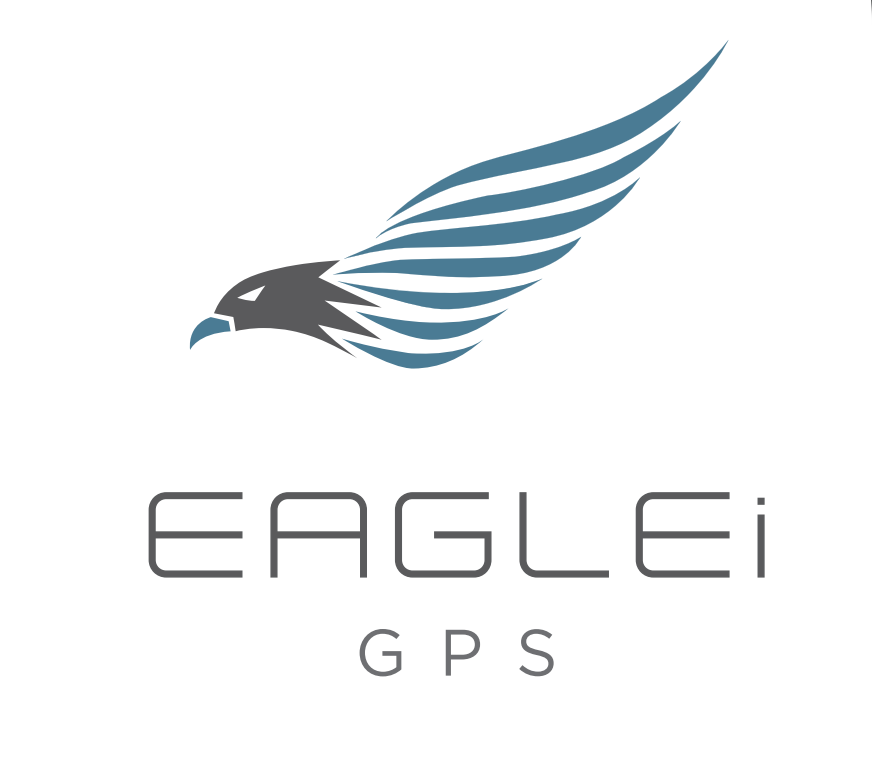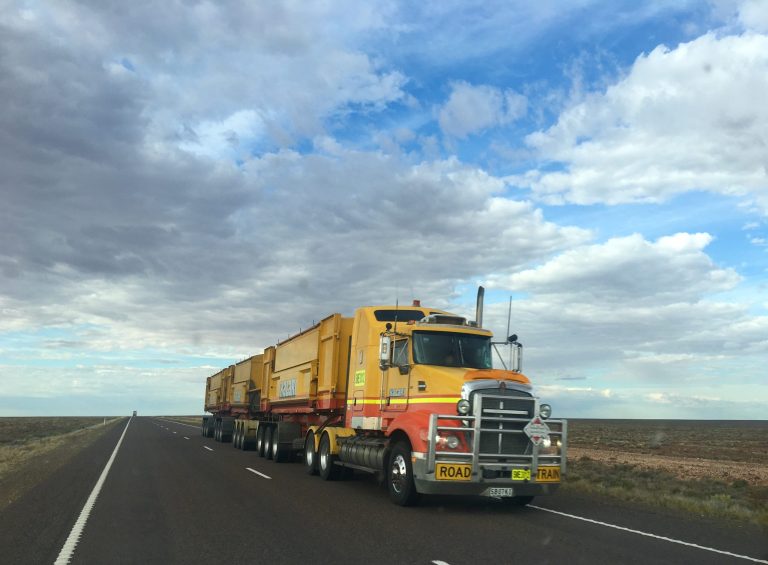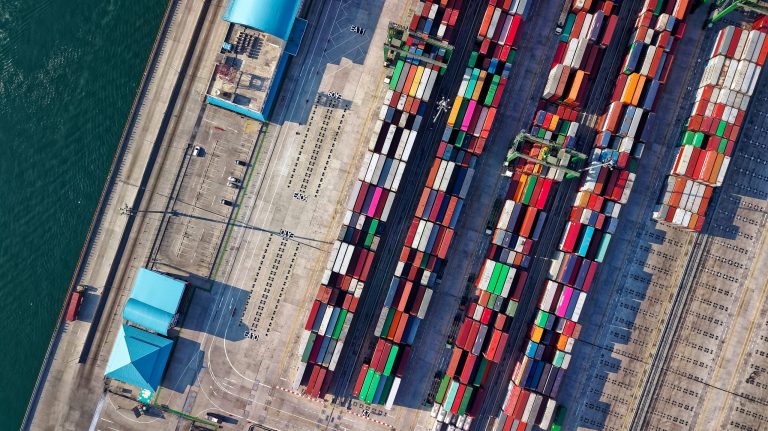Mastering Asset Management: The Comprehensive Guide to GPS Trailer Tracking
Introduction
In an age where efficiency and security are paramount in logistics and transportation, GPS trailer tracking has emerged as a cornerstone technology. From enhancing fleet management to boosting security, these tracking systems are revolutionizing how businesses handle their assets. This comprehensive guide dives into the world of GPS trailer tracking, exploring its benefits, functionalities, and essential considerations for businesses looking to adopt this technology.
The Importance of GPS Trailer Tracking
GPS trailer tracking systems are designed to provide real-time location data and a host of other valuable information about trailers, whether they’re in transit or parked. This technology is crucial for businesses in logistics, freight, and transportation for several reasons:
- Enhanced Security: GPS tracking significantly reduces the risk of theft and enables quick recovery of stolen assets.
- Improved Efficiency: Real-time tracking allows for better route planning and asset utilization.
- Cost Reduction: By optimizing routes and reducing idle time, businesses can save on fuel and maintenance costs.
- Compliance and Reporting: Facilitates adherence to regulatory requirements and simplifies reporting procedures.
How GPS Trailer Tracking Works
At its core, GPS trailer tracking involves attaching a GPS device to a trailer. This device communicates with satellites to pinpoint the exact location of the trailer. The data is then transmitted to a central system where it can be accessed by fleet managers through specialized software or apps.
Key Components
- The GPS Device: Installed on the trailer, this device collects and transmits location data.
- Communication Network: Cellular or satellite networks relay information from the GPS device to the central system.
- User Interface: Software or applications where the data is aggregated and displayed for users.
Types of GPS Trailer Tracking Devices
- Battery-Powered Trackers: Ideal for trailers without a constant power source. These trackers have long-lasting batteries.
- Solar-Powered Trackers: Utilize solar energy, reducing the need for battery replacements and are environmentally friendly.
- Wired Trackers: Connected to the trailer’s power supply, providing constant tracking without the need for battery changes.
Choosing the Right GPS Trailer Tracking System
Factors to Consider
- Power Source: Determine whether a wired, battery-powered, or solar-powered tracker suits your needs.
- Frequency of Updates: Decide how often you need location updates – some devices offer real-time tracking,
while others provide updates at set intervals. 3. Durability and Weather Resistance: Ensure the device can withstand various weather conditions and the rigors of transportation.
- Geofencing Capabilities: Look for devices that allow setting up virtual perimeters and send alerts when trailers enter or leave these areas.
- Ease of Installation: Consider how easily and securely the device can be installed on your trailers.
- Cost Considerations: Evaluate the upfront costs, subscription fees, and potential savings from improved efficiency and security.
Benefits of GPS Trailer Tracking for Different Industries
Logistics and Freight
- Improved Delivery Times: Real-time tracking ensures timely deliveries and satisfied customers.
- Asset Utilization: Maximize the use of each trailer, reducing the need for additional investments in equipment.
Construction and Heavy Equipment
- Theft Prevention: Protect valuable equipment from theft or unauthorized use.
- Maintenance Scheduling: Monitor usage and schedule maintenance to prevent breakdowns and extend equipment life.
Agricultural Sector
- Equipment Tracking: Keep track of expensive machinery and storage trailers.
- Seasonal Usage Analysis: Optimize the use of equipment based on seasonal needs and activities.
Best Practices for Implementing GPS Trailer Tracking
- Staff Training: Ensure that all relevant staff are trained on using the tracking software effectively.
- Data Security: Choose providers that offer secure data transmission and storage to protect sensitive information.
- Regular Updates and Maintenance: Keep the tracking system updated and conduct regular checks to ensure accuracy and functionality.
The Future of GPS Trailer Tracking: Trends and Innovations
As technology advances, GPS trailer tracking is set to become even more sophisticated. Future trends include:
- Integration with IoT: Connecting tracking systems with other Internet of Things (IoT) devices for comprehensive asset management.
- Advanced Analytics: Using data collected by tracking systems for predictive analytics and more informed decision-making.
- Automated Alerts and Responses: Automated systems that not only track but also respond to certain conditions like unauthorized movements or deviations from planned routes.
Conclusion
GPS trailer tracking is an indispensable tool for modern businesses reliant on transportation and logistics. By offering enhanced security, efficiency, and data-driven insights, these systems play a crucial role in optimizing asset management. As technology evolves, GPS trailer tracking will continue to offer even more advanced capabilities, solidifying its status as a vital component in the transportation and logistics sectors.
FAQs on GPS Trailer Tracking
- How does GPS trailer tracking differ from vehicle tracking? While similar in principle, trailer tracking is specifically designed for monitoring non-powered assets like trailers, which have different tracking and power needs.
- Can GPS trackers work in remote areas? Yes, especially those that use satellite communication can track assets even in remote locations without cellular coverage.
- Is there a significant cost benefit to using GPS trailer tracking? Absolutely. The cost savings from improved efficiency, reduced theft, and better asset utilization often outweigh the investment in tracking technology.
- Can I integrate GPS trailer tracking with my existing fleet management software? Yes, EAGLEi GPS Fleet Tracking Solution has this built into our fleet management software for seamless data management.
- How long do the batteries last in battery-powered GPS trackers? Battery life varies based on the tracker model and usage but can range from several months to as long as 10 years depending on data transmission frequency.







